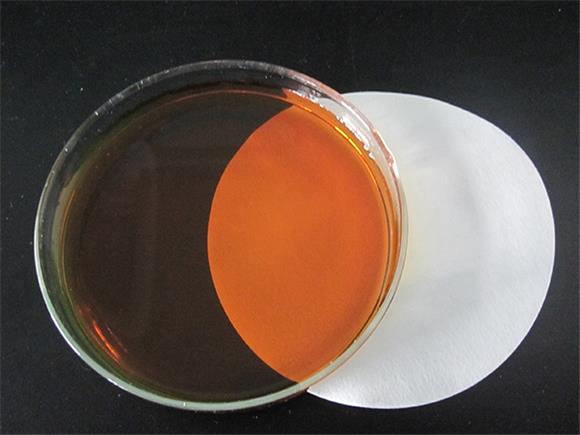
News
Eyl . 01, 2024 18:58 Back to list
Chelating Agent Food Additives - Enhancing Food Safety and Quality
Understanding Chelating Agents as Food Additives
Chelating agents, often referred to as chelators, are compounds that form stable complexes with metal ions, effectively grabbing these metals and keeping them bound in a form that is less reactive. In the realm of food additives, chelating agents play a significant role in enhancing food quality, safety, and shelf life. Their importance in the food industry cannot be overstated, as they contribute to the overall sensory and nutritional profile of various food products.
One of the primary purposes of chelating agents in food is to inhibit oxidation. Metal ions, such as iron and copper, can catalyze oxidative reactions that result in spoilage, rancidity, and loss of flavor and nutritional value. By sequestering these metal ions, chelators help to maintain the stability of fats and oils, thus prolonging the shelf life of various processed foods. For instance, ethylenediaminetetraacetic acid (EDTA) and citric acid are widely used chelating agents in sauces, beverages, and canned goods to ensure freshness and safety.
Moreover, chelating agents also play a crucial role in food preservation
. They can inhibit the activity of certain unwanted metabolites that might develop from microbial activity, which could otherwise compromise food safety. By maintaining proper metal ion levels, these additives can also enhance the effectiveness of preservatives, creating a more synergistic effect in food formulations.chelating agent food additive quotes

Beyond preservation, chelating agents also improve the nutritional value of food. Some chelators enhance the bioavailability of essential minerals such as iron and zinc, making them more available for absorption by our bodies. This is particularly relevant in foods that are fortified with vitamins and minerals, as chelating agents can help prevent these nutrients from interacting unfavorably with other components in the food matrix.
The use of chelating agents in food is generally recognized as safe (GRAS) by regulatory authorities, provided they are used within established guidelines. However, consumers are becoming increasingly cautious about the additives in their food. This has led to a growing demand for natural chelating agents, such as those derived from plant sources, as more people seek cleaner labels and healthier options.
In conclusion, chelating agents are vital food additives that contribute not only to the preservation and safety of foods but also enhance their nutritional quality. As the food industry evolves, the continued application and understanding of chelators will be essential in developing innovative, safe, and nutritious food products that meet consumer demands and regulations.
-
Polyaspartic Acid Salts in Agricultural Fertilizers: A Sustainable Solution
NewsJul.21,2025
-
OEM Chelating Agent Preservative Supplier & Manufacturer High-Quality Customized Solutions
NewsJul.08,2025
-
OEM Potassium Chelating Agent Manufacturer - Custom Potassium Oxalate & Citrate Solutions
NewsJul.08,2025
-
OEM Pentasodium DTPA Chelating Agent Supplier & Manufacturer High Purity & Cost-Effective Solutions
NewsJul.08,2025
-
High-Efficiency Chelated Trace Elements Fertilizer Bulk Supplier & Manufacturer Quotes
NewsJul.07,2025
-
High Quality K Formation for a Chelating Agent – Reliable Manufacturer & Supplier
NewsJul.07,2025
